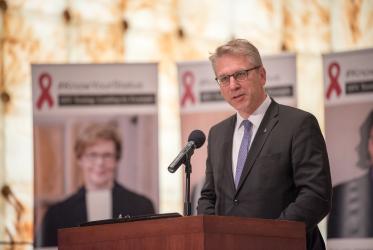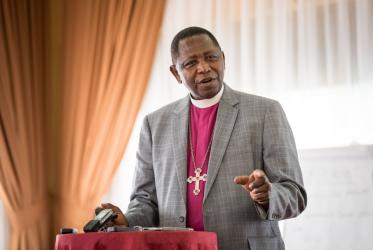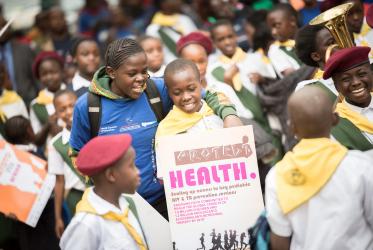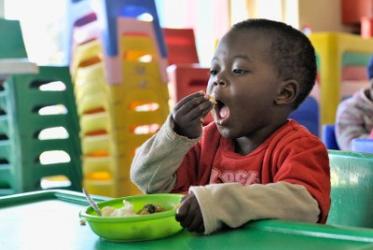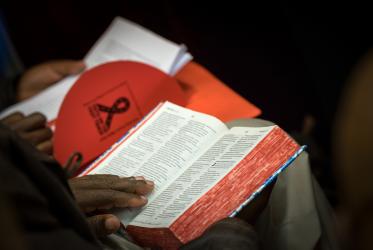Displaying 61 - 80 of 121
13 September 2017
“Facing the storm of HIV, we can move together, be agents of change”
06 September 2017
“Do you know where to search for your lost child?”
18 July 2017
UN discussion focuses on women, HIV and property rights
21 March 2017
Lead by example: get HIV tested
30 November 2016
Bible study gives hope as youth reflect on HIV
02 November 2016
Zambia: “On HIV, we do not compete. We work together.”
20 October 2016
New videos help congregations hasten HIV response
20 October 2016
Kenya: Voice of faith communities crucial in overcoming HIV
14 October 2016
